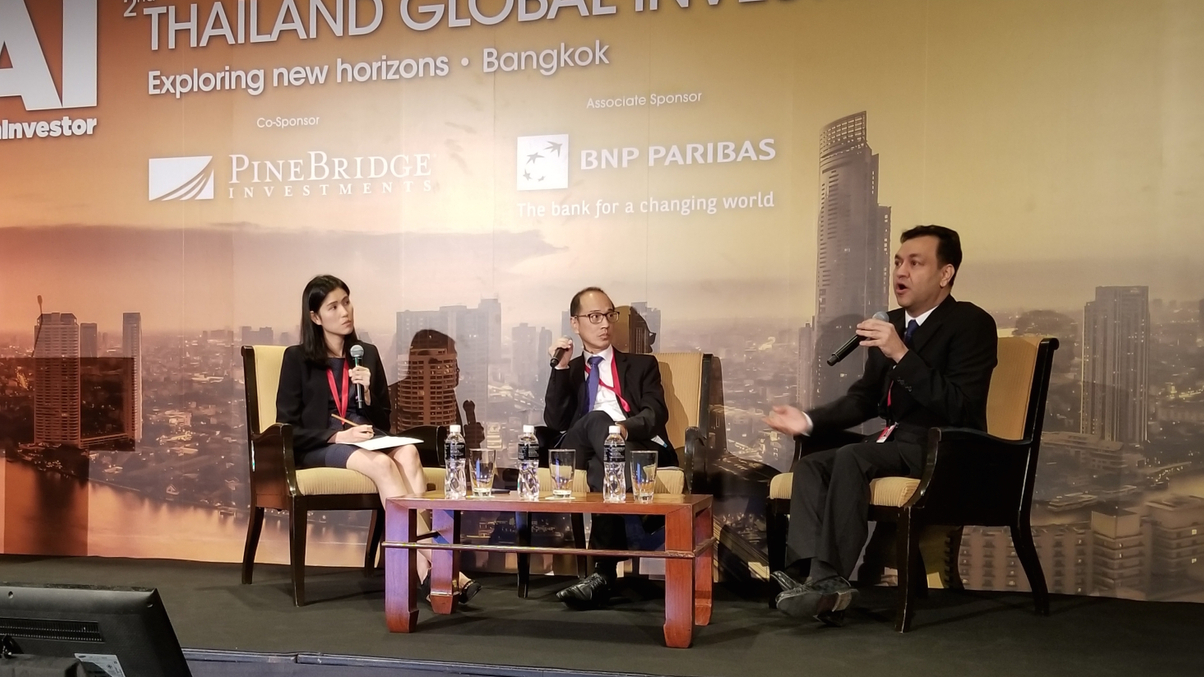Thai investors highlight PE investing risks
Asset owners are putting more money into private equity, but the asset class offers unique challenges to be aware of, warned two experienced investors.

The allure of private equity remains high, but asset owners with little experience in the sector should consider how best to pick general partners and co-investors and be wary of going it alone, warned Thailand's largest pension fund and a Bangkok-based family office at AsianInvestor’s Thailand Global Investment Forum in Bangkok last week.
Sign in to read on!
Registered users get 2 free articles in 30 days.
Subscribers have full unlimited access to AsianInvestor
Not signed up? New users get 2 free articles per month, plus a 7-day unlimited free trial.
¬ Haymarket Media Limited. All rights reserved.


